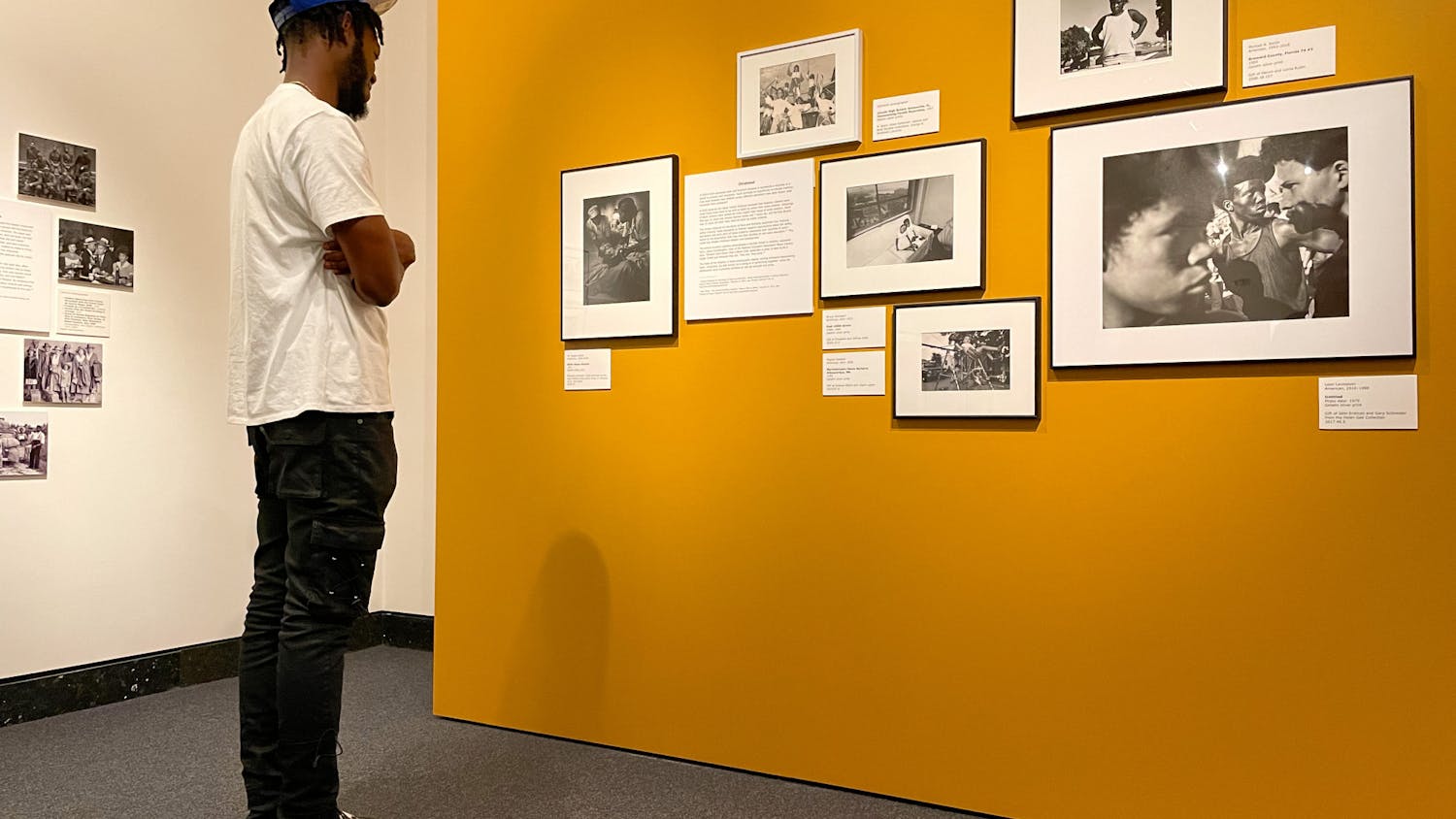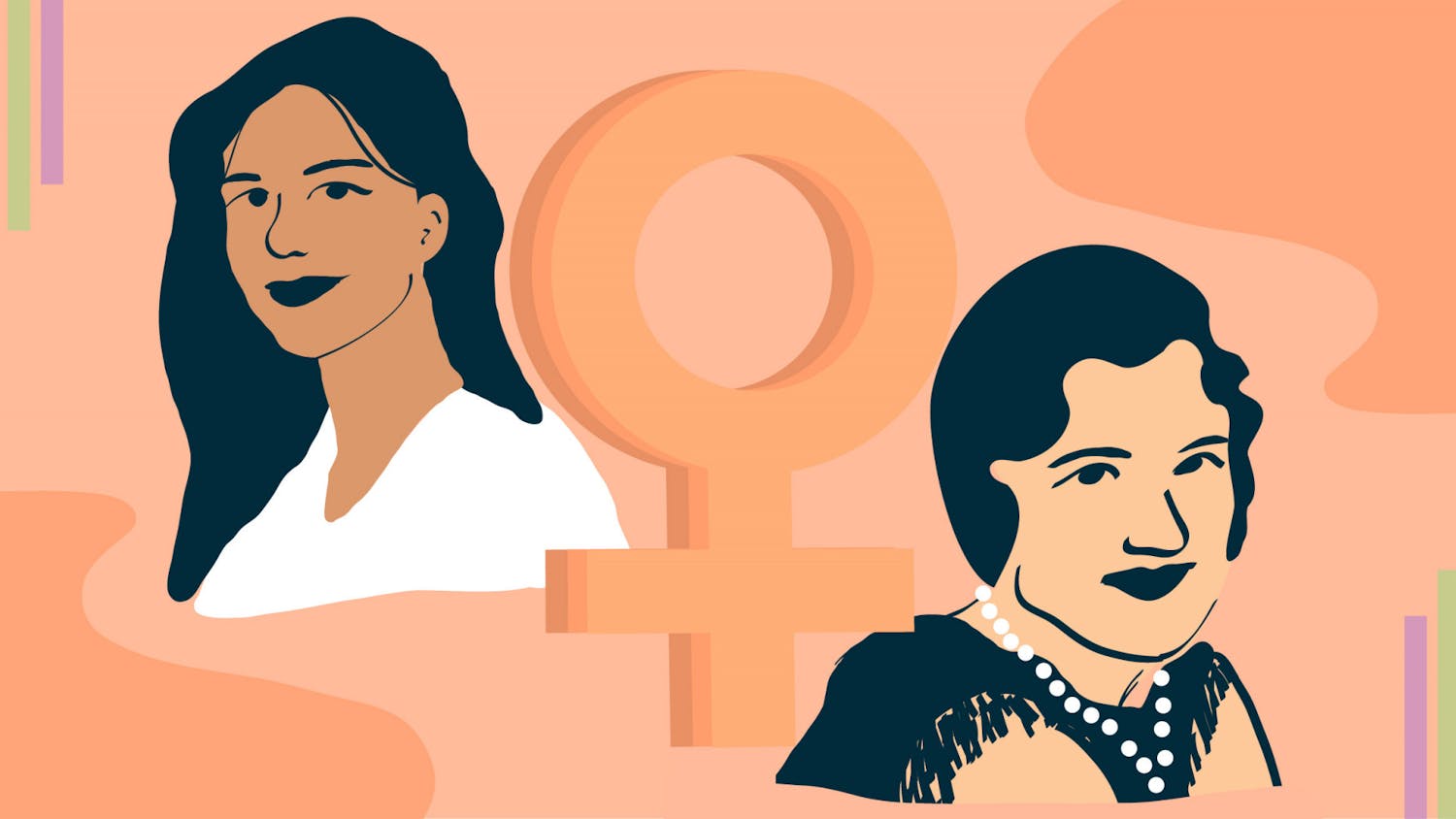If you were to open your wallet right now and pull out a genuine U.S. bill printed within the last century, there is a 100 percent chance there will be a man’s portrait on it. To put this a different way: There is a 100 percent chance that there will not be a woman on it. The last time a woman’s portrait was printed on U.S. paper currency was in the late 1800s, when first lady Martha Washington, President George Washington’s wife, was on the 1886 and 1891 $1 silver certificate. It isn’t just paper currency where women have not been recognized, however. Only three women have been on U.S. coins: Susan B. Anthony and Sacagawea on $1 coins and Helen Keller on the back of the 2003 Alabama quarter. There has always been a need to recognize more accomplished women, and now it might actually be addressed.
An organization called Women on 20s launched a campaign early this year with the goal of replacing President Andrew Jackson’s portrait on the $20 bill with that of a woman. They chose to replace Jackson because of his support of the Indian Removal Act of 1830, which mandated the forced relocation of Native Americans, causing the deaths and suffering of thousands — aka the Trail of Tears.
Women on 20s is currently conducting a poll on their website to determine the most popular woman to replace Jackson and take charge of the $20 bill. Then, as soon as they gather 100,000 signatures, the group plans to petition the White House for a response, which could lead to President Barack Obama directing the secretary of the U.S. Department of the Treasury to initiate the change. Obama has already shown support for changing currency to recognize women, and Congress would not be involved in this process. For those reasons, there is a very real possibility that this could happen, and it’s about damn time.
Putting a woman on paper currency would be a major step toward gender equality. It would not only recognize an individual woman who contributed to our country, but it would also begin to show appreciation and admiration for all women. Women have led our country in every aspect from politics to civil rights movements. They are philanthropists, abolitionists, diplomats, intellectuals, politicians and scientists. Women like Margaret Sanger, who fought for legal birth control, and Clara Barton, the founder of the American Red Cross and a nurse on the front lines of the Civil War, have embodied admirable attributes while achieving courageous feats. Yet, only men have been awarded the level of praise that comes with being presented on paper currency. This is an obvious imbalance in gender recognition, and if it isn’t corrected, it will continue to instill false ideas about men and women in the minds of our people.
When people don’t see women on paper currency, they often adopt the idea that women are incapable of achieving the necessary level of accomplishments to be recognized on such a major platform. Men are then assumed to be more capable than women, so they receive more generous assumptions and beneficial treatment solely because of their gender. Just imagine you are a child again. Considering all of the admirable people on money are men, what do you assume about the capabilities of women? What about those of men? Male-only currency perpetuates male privilege. We can take a stab at it, however, by supporting the Women on 20s campaign and eliminating the gender-specific nature of who can be found in our wallets.
Don’t get me wrong; the men currently presented on our currency are indeed accomplished. But they don’t accurately represent the demographics of people who have led our country. England took a step toward fixing their gender imbalance on currency in 2013 when they renovated their 10-pound note with a portrait of novelist Jane Austen instead of naturalist Charles Darwin. We, too, can begin to fix our gender imbalance by introducing a woman on the $20 bill. If we start with this one change, especially on such a frequently used bill, our currency would begin to recognize who our country’s leaders truly are, and we will be much closer to gender equality.
Christopher Wilde is a UF biochemistry freshman. His column appears on Wednesdays.
[A version of this story ran on page 6 on 3/25/2015 under the headline “A woman’s place is on the money — literally”]





